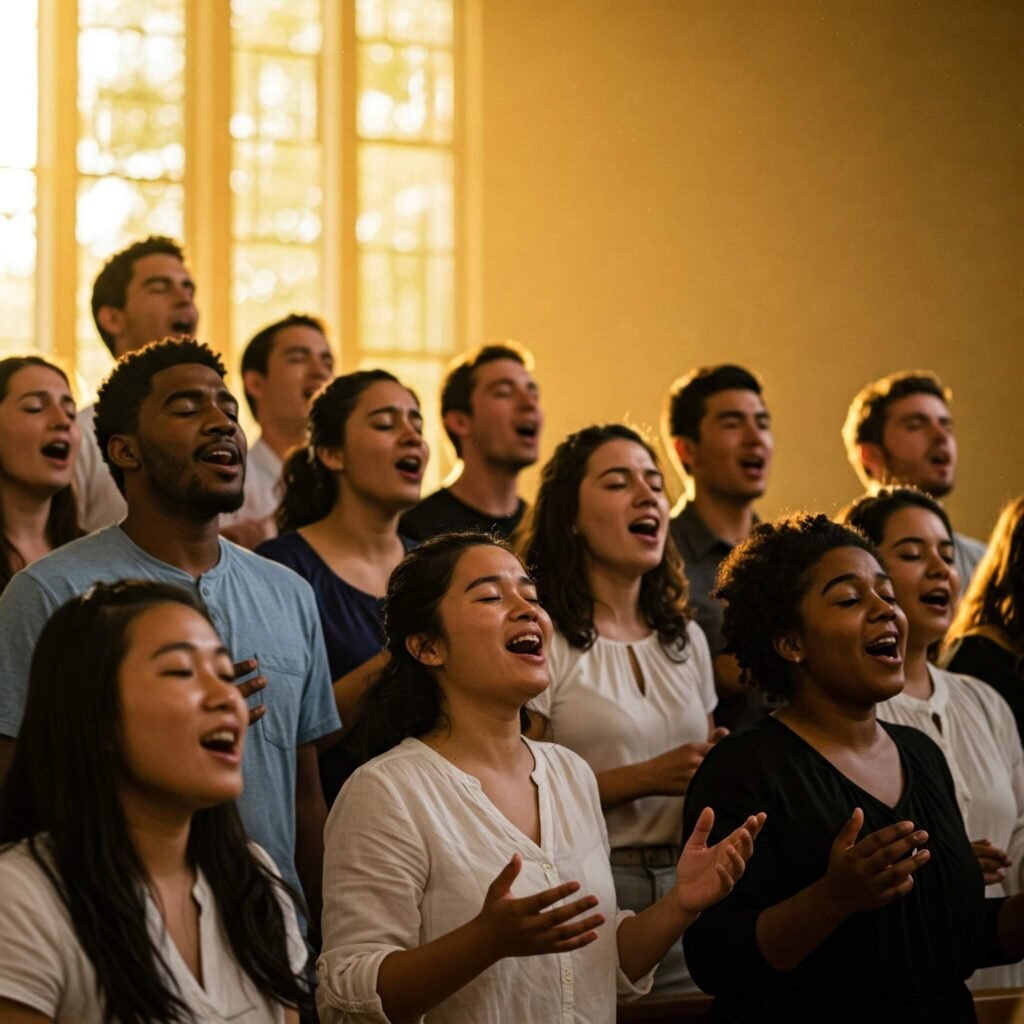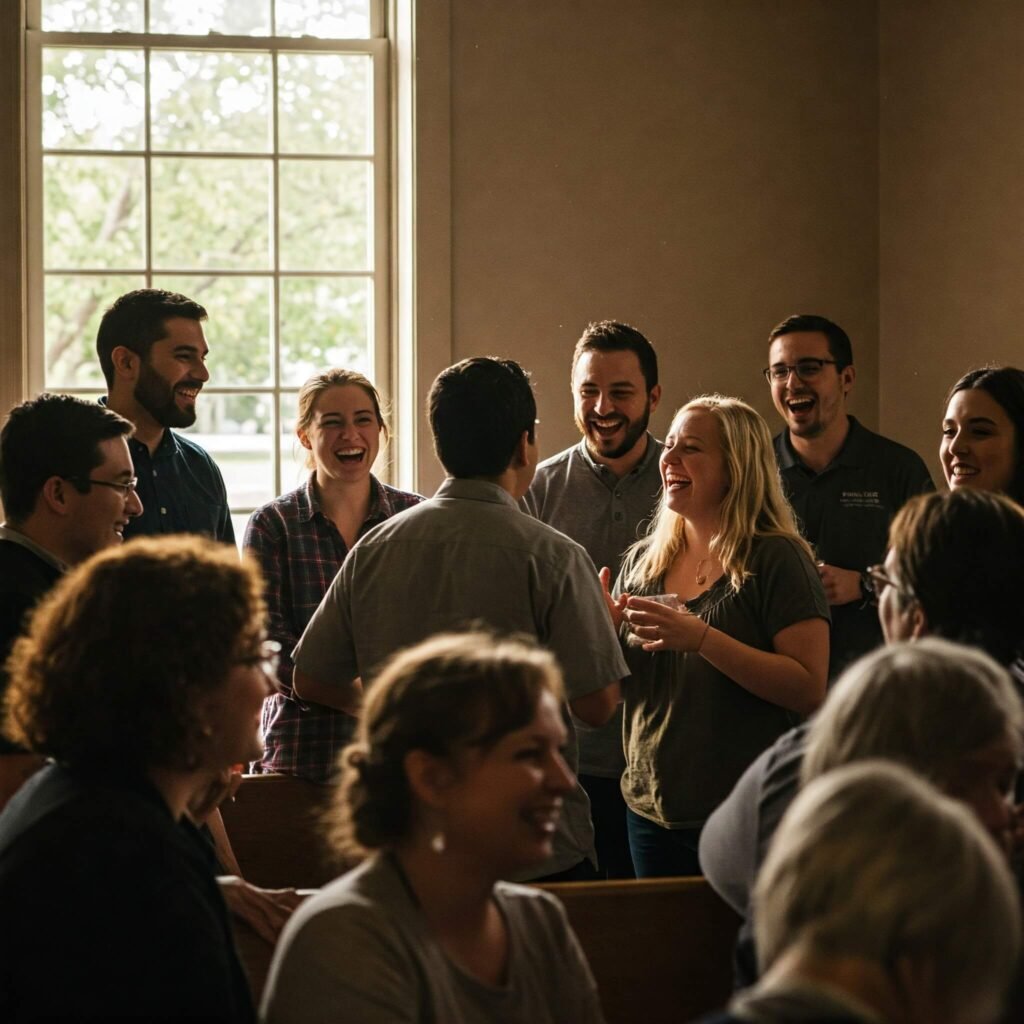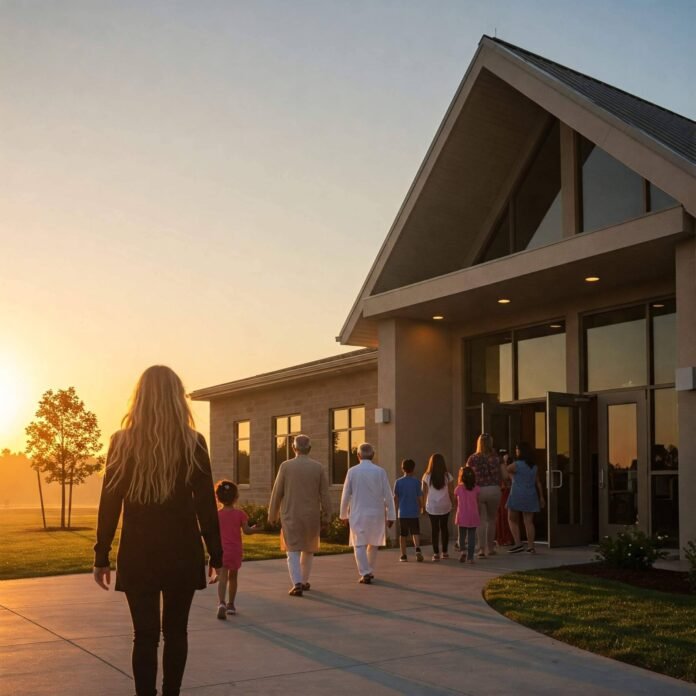Non-denominational churches are booming in the U.S., reshaping the religious landscape with their modern approach and community-driven ethos. Unlike traditional denominational churches tied to specific doctrines, non-denominational churches prioritize flexibility, inclusivity, and a personal connection to faith. This article explores why these churches are gaining traction, backed by data, real-world examples, and actionable insights for those curious about this trend.
The Rise of Non-Denominational Churches in America
Non-denominational churches are experiencing unprecedented growth across the U.S. According to a 2020 Pew Research Center study, 40% of American Protestants now attend churches, up from 13% in 2009. This shift reflects a broader cultural move toward spiritual independence and personalized faith experiences. But what’s driving this boom?

Why Non-Denominational Churches Are Thriving
Several factors contribute to the surging popularity of non-denominational churches. Let’s break them down:
1. Flexibility in Beliefs and Practices
churches aren’t bound by rigid doctrines, allowing them to adapt to diverse congregations. This spiritual flexibility appeals to younger generations, like Millennials and Gen Z, who value authenticity over tradition. For example, Elevation Church in North Carolina emphasizes relatable sermons and contemporary music, attracting thousands weekly.
- Key Appeal: Freedom to explore faith without denominational constraints.
- Takeaway: Seek churches that align with your personal spiritual journey.
2. Modern Worship Experiences
From high-energy music to multimedia sermons, It offer contemporary worship that feels more like a concert than a traditional service. Churches like Hillsong United have popularized this approach, blending faith with cultural relevance.
- Why It Works: Engages younger audiences with relatable, dynamic services.

3. Community-Driven Faith
Non-denominational churches prioritize community over hierarchy. Small groups, volunteer opportunities, and inclusive events foster a sense of belonging. For instance, Life.Church offers online and in-person communities, making faith accessible to all.
- Benefit: Builds meaningful connections in a disconnected world.
- Takeaway: Look for churches with active small groups to deepen relationships.
4. Inclusive and Welcoming Environment
It often emphasize inclusivity, welcoming people from diverse backgrounds. This resonates in a polarized society where many seek judgment-free spaces. A 2021 Barna Group survey found that 65% of non-denominational attendees valued the church’s open-minded approach.
- Why It Matters: Appeals to those alienated by traditional institutions.
- Takeaway: Visit a non-denominational church to experience its inclusive vibe.

Challenges Facing Non-Denominational Churches
While churches are booming, they face challenges:
- Lack of Structure: Without denominational oversight, some churches struggle with accountability.
- Sustainability: Rapid growth can strain resources and leadership.
- Takeaway: Research a church’s leadership and financial transparency before committing The Gospel Coalition.
Why This Trend Matters for the Future
The rise of churches signals a shift in the U.S. religious landscape. As people prioritize community-driven faith and modern worship, these churches are redefining spirituality for the 21st century. Whether you’re exploring faith or seeking a new church home, inclusive approach worth considering.




